COP21: Rows likely over new climate text
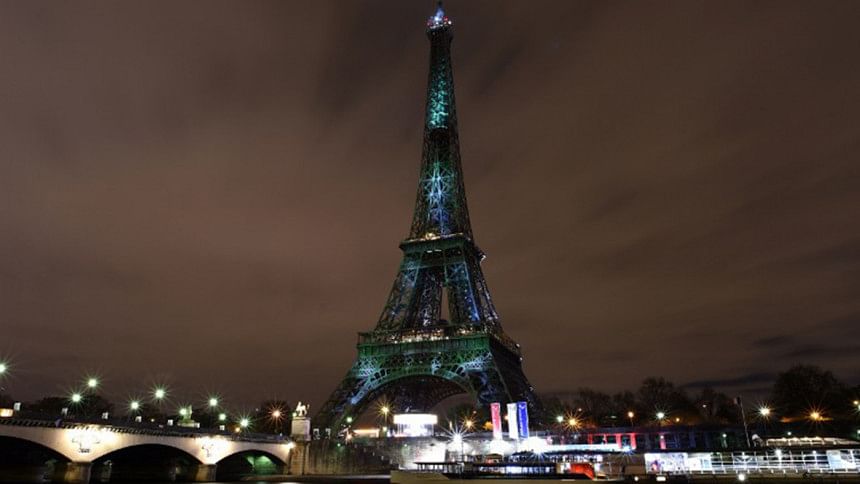
A critical "clean" draft text has been published at UN climate talks here in Paris after delays.
This new version, 29 pages long, marks the first time the French presidency of the meeting has pulled together an outline of a deal.
The new draft has significantly reduced the options on many of the key questions after days of negotiations.
One observer warned that there could be "fireworks" if countries are unhappy with the compromises proposed.
Last Saturday, negotiators from 195 countries agreed on a weighty 48-page document, the summation of four years of talks that began in Durban in 2011.
That document was handed to the French president of COP21, Laurent Fabius.
Over the past few days he has asked pairs of ministers from around the world to try to advance aspects of the document.
Today marks the first time when the French will present their version of the progress that has been made.
They have included a smaller number of options on some of the most contentious issues.
According to Fabius, the key difficulties have been identified.
"The focus is now on open questions that still need to be settled at a political level," he told the negotiators.
Observers were unsure as to how the parties would react to the new text.
"This is the first time the French fingerprints will be on the process, and that's a risky business," said Dr Diarmuid Torney from Dublin City University, who is an observer at these talks.
"We saw [this] earlier this year at a previous climate meeting in Bonn when the co-chairs tried to come up with a shorter text and the response from parties was to re-insert all their favourite parts back into the text. There could be fireworks."
Fabius said that the remaining difficulties centred on differentiation, finance and the level of ambition.
A central question remains differentiation. Richer countries want a greater number of developing nations to take on responsibilities to cut emissions and to contribute to climate finance initiatives. They argue that the world has changed since 1992 when the UN climate convention was signed.
The developing countries don't see it that way.
"The world has not really changed in terms of the kind of poverty and in terms of the number of people who are suffering," said Meena Raman from the Third World Network.
"The developed countries are hell bent on changing this principle so we can expect a big fight."
Despite the significant gaps on critical issues, the talks were boosted yesterday by the announcement of an alliance between the European Union and 79 African, Caribbean and Pacific countries.
The partners are backing a legally binding deal that will be reviewed every five years.
This coalition of developed and developing countries is seen as an important step in securing an overall agreement.
"It's one of the most fascinating things that's going on at the moment," said Ruth Davis from Greenpeace.
"It isn't really about a single coalition working to a single set of aims, it's about countries working out that they have a range of different things they are trying to achieve and they need to work with different partners to achieve that."
UN climate conference 30 Nov - 11 Dec 2015
COP 21 - the 21st session of the Conference of the Parties - will see more than 190 nations gather in Paris to discuss a possible new global agreement on climate change, aimed at reducing greenhouse gas emissions to avoid the threat of dangerous warming due to human activities.

 For all latest news, follow The Daily Star's Google News channel.
For all latest news, follow The Daily Star's Google News channel. 

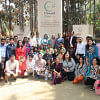
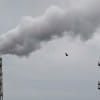
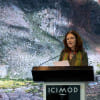



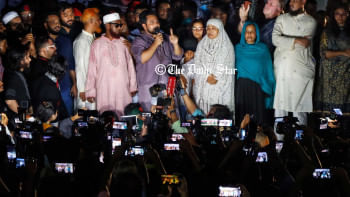
Comments